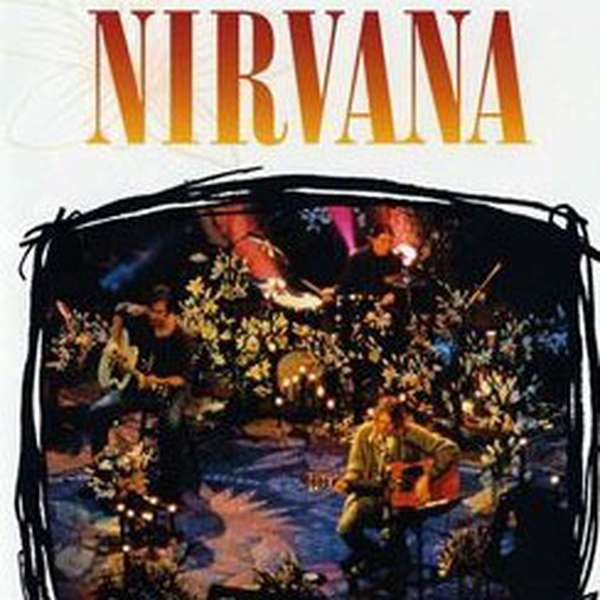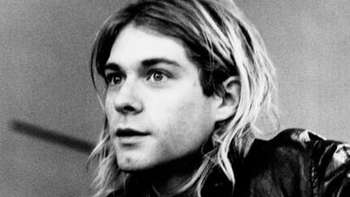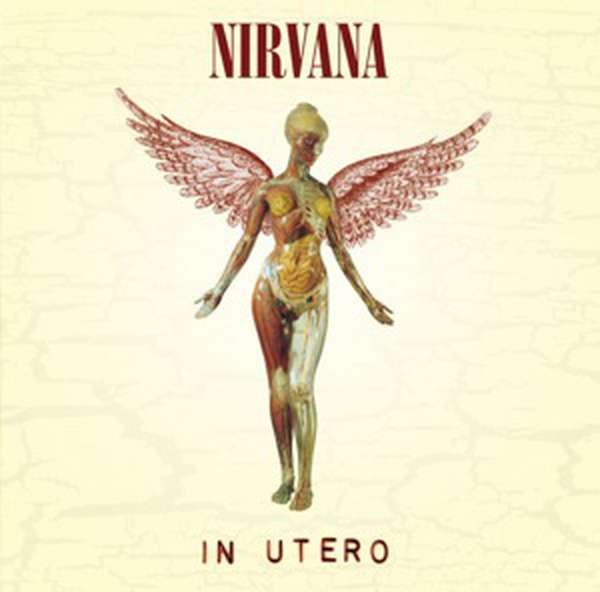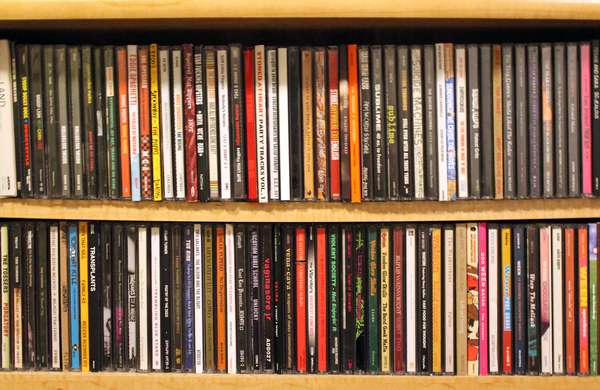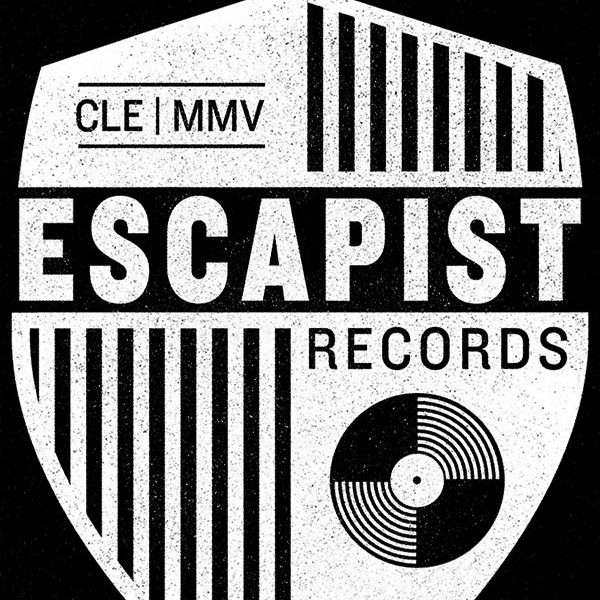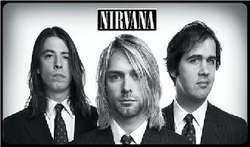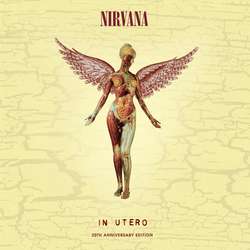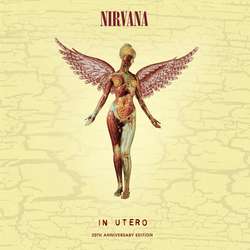At the risk of sounding like a filthy hippie droning on about the sixties and how you had to be there to understand it, the same could pretty much be said for the early nineties. The eighties were discovered to be an insanely vacuous era that by the turn of the decade had started to smell like anything but teen spirit. Unbeknownst to the general populace, the souls of music fans were slowly ebbing away in the tide of MC Hammer and Michael Bolton. For those of us that didn't listen to mainstream radio, it nonetheless became exhausting to try and avoid being inundated every second of every day with such numbing pablum. For those of us looking for a change, Nirvana was the answer.
Those of us that lived in the Pacific Northwest already knew who Nirvana was before "Smells Like Teen Spirit" broke over the MTV snore-waves. We already knew about The Melvins. We already knew about Soundgarden. We already knew about Mudhoney. But still, with the exception of a few us, no one really cared. A brief history lesson for those too young to remember: Nirvana changed everything. I say this without irony. I say this without embellishment. They are the reason for the rise of independent music labels and college radio. They are the reason there is an "alternative" classification in music because that's what they provided - an alternative to the shit that people were listening to.
Bear in mind, this band from Seattle (or Aberdeen, WA to be more precise), set out to do none of these things but they were responsible for it just the same. They didn't want this responsibility. Frontman Kurt Cobain had no interest in becoming a role model for the disenfranchised youth of the day, or "Generation X" as the oh-so-clever media labeled us. So long story short, Nirvana redefined mainstream music as it was then known with the release of Nevermind, moving it far left of center from its fulcrum of mediocrity. They released a follow-up album in which most reviews were less-than-kind with the term "commercial suicide" being bantered around for the second time that decade (the first time referring to Faith No More's Angel Dust album), and with the tragic suicide of Cobain, dissolved into forgotten lore but by those true fans not ready to accept the loss.
Six months previous to his death, Cobain, Krist Novoselic and Dave Grohl recorded one of the best live albums ever recorded, Unplugged in New York. Another in a long line of unplugged concerts for the MTV series supplying some good (Elvis Costello, R.E.M.), some bad (Roxette, Soul Asylum) and some just plain ugly (Winger? Jesus! Really?). There was the redundant (Elton John unplugged? Oh, if only TIVO were invented!) and then there was the essential. Nirvana's unplugged session transcended all previous entries in the series, showing just how truly great a band could be without all the bells and whistles that got them noticed in the first place.
This DVD is not the truncated concert as originally aired in December of 1993. This is the complete, uncut show played for a small group of people in a New York studio one month previous. Fourteen songs spanning the group's career including "Something in The Way" and "Oh, Me", both deleted from the original airing. Sure, they were included on the CD release, but watching Cobain's recital of "Underneath the bridge / top has sprung a leak" with head forward, eyes closed takes the song to that higher level of beauty and melancholy as when you first heard it on Nevermind.
The between-song banter remains intact with everything from Kurt deriding The Meat Puppets for taking too long to tune to his assurances that he will "screw up" the band's version of Bowie's "The Man Who Sold the World." The show is basically one big highlight reel for all involved. Novoselic's endearing if not-quite in tune accordion playing on "Jesus Don't Want Me for a Sunbeam," Grohl's very competent backing vocals on "Polly", a tiny hint of what was to come later on in his career as a Foo Fighter. And second guitarist Pat Smear's ever-present smile, grinning like a kid on Christmas - a nice juxtaposition to Cobain's unassuming dry wit.
The big one for me of this performance has always been the band's cover of Leadbelly's "Where Did You Sleep Last Night." To take a deeply personal song of a black delta blues artist of the 1950's and have it performed by a white "rock star" almost half a century later sounds like a laughable, borderline-offensive concept. Cobain might not have had the same struggles to relate to, but he conveys the passion of the song flawlessly - the final notes of shiver
the whole
night
through still have the ability to send chills down my back.
Also included on this disc are five songs from the rehearsal "Polly," "Plateau," "The Man Who Sold the World," "Pennyroyal Tea," and "Come As You Are." The rehearsal footage shows Cobain in a somewhat different view - a man that appeared to be shyer when the spotlight was off but still very confident in his role as the leader of a band as when he tries to hurry the proceedings along because they're an hour behind schedule.
Fourteen years later, Unplugged in New York winds up being a brilliant coda for a band that will always be overrated in some circles, underrated in others, but yet always seemed to be misunderstood. Maybe we overanalyzed it. Maybe what the band was trying to accomplish was nothing more than putting out great songs that will stand the test of time. Sure, most bands will try to achieve that, only to have their songs become as disposable as that morning's newspaper. I suppose it's ironic that the poster band for the so-called hopeless generation would end the way it did. What wasn't predictable, however, was that they could still leave a legacy that deserves to be rediscovered for generations to come.
